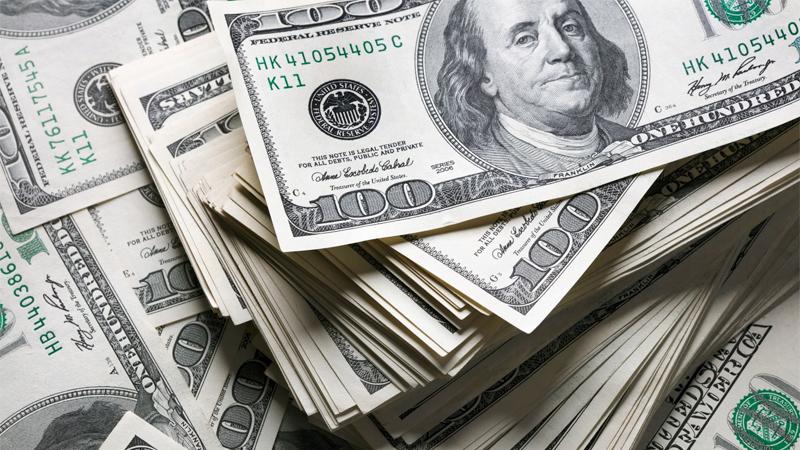
Moves to further tighten the lid on non-essential and non-urgent imports and increase fuel prices and electricity tariffs to reflect the cost are to be pushed by the Central Bank to address the acute shortage of foreign exchange that has triggered an economic crisis in the country.
The banking and financial sector regulator will urge the Government to take the unpopular measures based on its previous recommendation.
The International Monetary Fund issuing a report on the Sri Lankan economy urged the government to traverse the painful path to garner fiscal consolidation based on boosting revenue measures through tax income taking into account its low tax to GDP ratio.
Economists have been harping for early reforms instead of waiting for the eleventh hour until people fall from the frying pan to the fire.
The Bank also proposes to incentivise foreign remittances and investments further, implement energy conservation measures, while accelerating the move towards renewable energy, increasing government revenue through suitable tax increases on a sustained basis, mobilising foreign financing and non-debt forex inflows on an urgent basis, monetising the non-strategic and under-utilised assets, and postponing non-essential and non-urgent capital projects.
The bank noted that these measures would ensure a coordinated approach is adopted to overcome the challenging economic circumstances faced by the country and to prudently exit the Covid-related policy accommodation. Foreign reserves which were at $7.9 billion at the end of 2019 had plummeted o $1.6 billion by November 2021. The Central Bank’s provisional calculations reveal that foreign remittances sank by 22.7% last year from $7.19 billion in 2020 to $5.49 billion in 2021.
The country’s gross foreign reserves dropped 24 percent to 2,361 million US dollars in January this year USD 3,137 million in December 2021.
However, Central Bank Governor Ajith Nivard Cabraal assured the country that all debt obligations will be met in time and the country would not default on outstanding loans. Sri Lanka has total outstanding sovereign bonds amounting to $12.55bn, with bonds to the value of $1 bn maturing in July 2022.
The import-reliant economy has been facing a severe dollar crunch for months fanning fears of a sovereign default and a major food and fuel scarcity. Industries have taken a big hit by the forex crisis leading to a near closure of operations. Industry and business chambers have raised concerns but to no avail.
A $400m swap line was extended to Sri Lanka by India early this year and deferred an Asian Clearing Union settlement of $500m. It also offered a new line of credit of $500m in January for the purchase of petroleum products.
The Central Bank raised interest rates last week as it did early this year to curb growing inflationary pressure and attributed the rise in prices to supply side disruptions.
The Bank will reinforce its stance adopted in January and increase the Standing Deposit Facility Rate (SDFR) and the Standing Lending Facility Rate (SLFR) of the Central Bank by 100 basis points each, to 6.50 percent and 7.50 percent, revise upwards the caps imposed on interest rates applicable to credit cards to 20 percent per annum, on pre-arranged temporary overdrafts to 18 percent per annum, and on pawning facilities to 12 percent per annum. Directions to effect these regulated interest rates will be issued shortly.
The bank said that based on the January 2022 update of the World Economic Outlook (WEO) of the International Monetary Fund (IMF), the global economy is expected to moderate from 5.9 percent in 2021 to 4.4 percent in 2022.
The domestic economy is expected to make headway underpinned by the successful vaccination drive of the Government and relaxed mobility restrictions. However, economic activity is somewhat affected by recent adverse developments in the global front, in terms of supply chain disruptions and rising commodity prices, as well as in the domestic front, particularly in the form of power and supply interruptions.
These disruptions have to be addressed immediately to ensure the continuation of uninterrupted domestic production and the momentum in exports, while continuing with the efforts to strengthen the production economy through well-targeted growth policies. External sector faces heightened challenges.
Although earnings from merchandise exports continued to record over US dollars one billion for the eighth consecutive month in January 2022, expenditure on imports continued to increase at a higher pace. Tourist arrivals increased noticeably thus far during the year, although recent geopolitical tensions may affect the tourism industry to some extent.
A rebound in workers’ remittances is expected in the period ahead as worker migrations have increased notably and due to the measures taken to combat illegal money transfers, while encouraging remittances through formal channels via several incentives.
